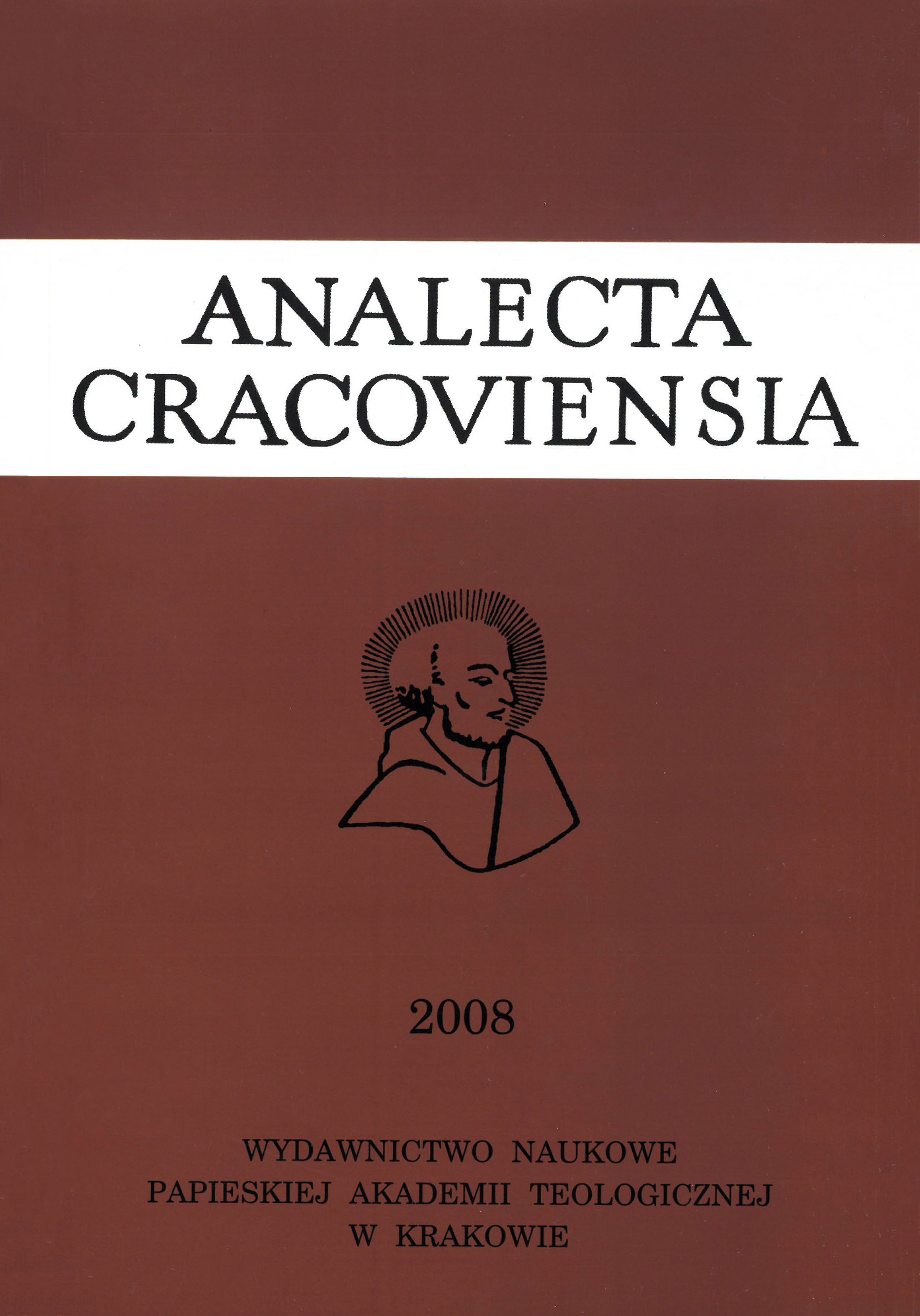Psychologiczne aspekty nadziei w encyklice Spe salvi
DOI:
https://doi.org/10.15633/acr.4004Abstrakt
Hope has always been a major factor which motivated human behaviour. It signified expectations of something better, which would sometimes guarantee either a profound existential experience, or at least adaptation to the social context. In the name of hope, not only did people undertake expeditions to unknown territories, but they engaged in scientific research too. They did it with the conviction that it would maintain the lives of both individuals and communities, and bring them some meaning.It seems paradoxical that diverse quests for the sources of hope in the contemporary humanities rarely refer to the deep thought of the Church. Therefore, this article attempts to present compatibility between the papal reflections on hope (mostly in Pope Benedict XVI’s encyclical Spe salvi) and some psychological analyses. To present a multidimensional experience of hope, this article mainly discusses some forms and conditions of hope and focuses on the chances of building it.
Pobrania
Opublikowane
2009-09-09
Numer
Dział
Z zagadnień filozoficznych
Licencja
Prawa autorskie (c) 2022 Józef Makselon

Praca jest udostępniana na licencji Creative Commons Attribution-NonCommercial-NoDerivatives 3.0 Unported License.
Obecnie autorzy publikujący w czasopiśmie udzielają jego wydawcy zgody o następującej treści:
- Autor zachowuje autorskie prawa majątkowe do utworu, a jednocześnie udziela wydawcy czasopisma zgody na jego pierwszą publikację w wersji drukowanej i wersji online na licencji Creative Commons Uznanie autorstwa 4.0 Międzynarodowe oraz zgody na wykonywanie opracowań, w tym przekładów.
- Autor ma możliwość udzielania zgody niewyłącznej na opublikowanie utworu w wersji, która ukazała się w czasopiśmie (np. zamieszczenia go w repozytorium instytucjonalnym lub opublikowania w książce), wraz z informacją o jego pierwszej publikacji w czasopiśmie.
- Autor może umieścić swój utwór online (np. w repozytorium instytucjonalnym lub na swojej stronie internetowej) jeszcze przed zgłoszeniem utworu do czasopisma.

